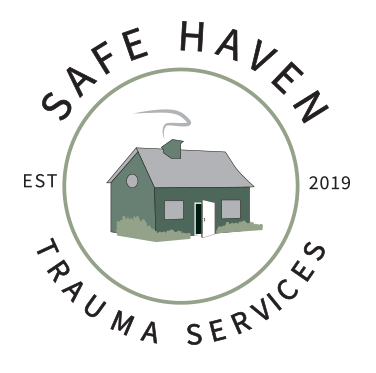Hypnosis
Hypnosis is a state of highly focused attention where there is deep inner absorption. In this state, individuals are more open to suggestions that facilitate change, even with behaviors that have become quite fixed. Clinicians trained in Clinical Hypnosis facilitate your natural capacity to go into this state. You remain in control of the process the whole time. Often when hypnosis is introduced, clients say, "I don't like to feel out of control." Being out of control while in trance is actually a frequent misconception about hypnosis. As a clinician facilitates your state of focused attention, he or she is unable to make you do anything that you do not want to do. In fact, we often bring up the idea of stage hypnosis, which is typically the first thing that comes to mind when people hear the word hypnosis. Even with stage hypnosis, it is very difficult to be made to do anything that you would not normally do.
Hypnosis is not a magic fix or cure. Like other forms of therapy, individuals must work to see change occur in their lives. Self-hypnosis is often something helpful outside of the therapy office that can be taught during your session.
There are varying levels of hypnotizability, so some people may benefit more than others. It is believed that there is some genetic component to this. Hypnosis can be used for a wide variety of issues including, relaxation, trauma, ego strengthening, performance enhancement, test anxiety, along with many other things. If you are interested in learning more about hypnosis and whether it may be a good fit for you, contact us for more information. You can also find FAQs on hypnosis here.
Note: We believe that only qualified clinicians should be using hypnosis, including mental health clinicians, doctors, nurses, and dentists.

